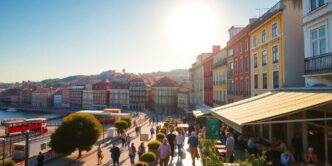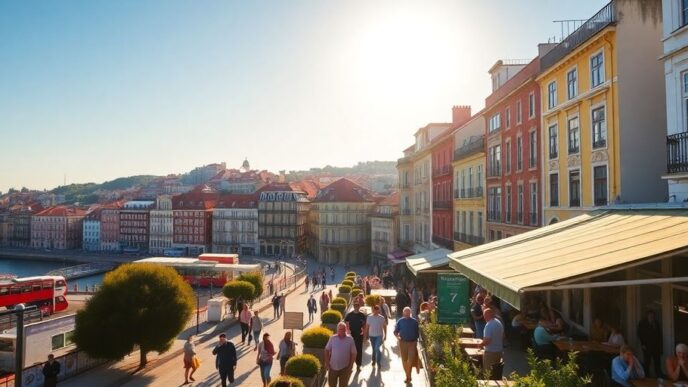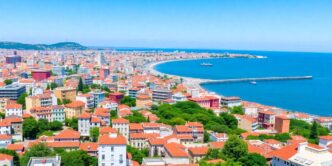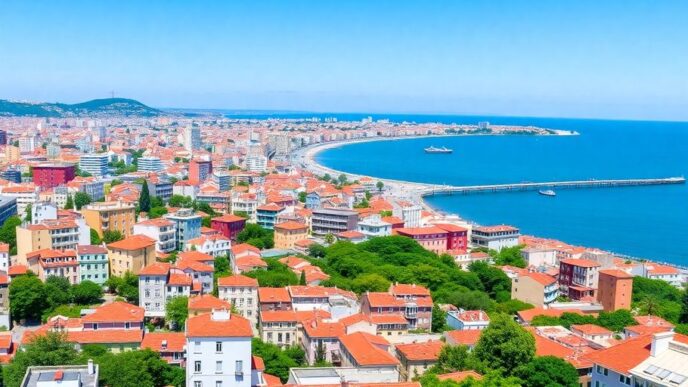Portugal has decided to reintroduce tax breaks for foreign workers, aiming to attract digital nomads and skilled professionals. This move marks a significant shift in the country’s approach to foreign labor, following the previous government’s decision to scrap these incentives.
Key Takeaways
- Portugal is reintroducing a 20% flat tax rate for foreign workers in high-value jobs.
- The tax breaks will apply to salaries and professional income but exclude dividends, capital gains, and pensions.
- The move aims to stimulate the economy and attract skilled professionals.
- The country is also making changes to its immigration policies, becoming more selective.
Background
Portugal’s relationship with foreign workers has been complex. The country initially scrapped the 20% flat tax rate for high-value jobs in October, subjecting skilled foreign workers to the same progressive tax rates as Portuguese citizens, ranging from 14.5% to 48%. This decision was expected to deter high-skilled foreigners from migrating to Portugal due to higher income taxes.
The New Tax Breaks
Prime Minister Joaquim Miranda Sarmento announced that the center-right government would reintroduce the 20% flat tax rate on salaries and professional income for foreign workers. However, this tax break will not extend to other forms of income such as dividends, capital gains, and pensions. The aim is to attract talent focused on innovation, entrepreneurship, and education.
Economic Impact
The reintroduction of tax breaks is part of a broader legislative effort to stimulate Portugal’s economy. The government hopes to attract individuals who will start companies, create intellectual property, and employ and educate future talent in Portugal. This move is also expected to counteract the outflow of young Portuguese seeking work overseas.
Opposition and Criticism
Opponents argue that the influx of high-income foreigners has driven up the cost of living and housing prices, making it difficult for local residents. The previous Prime Minister, António Costa, described the tax breaks as a “fiscal injustice” and a factor in inflating the housing market.
Changes to Immigration Policies
In addition to reintroducing tax breaks, Portugal is making its immigration policies more selective. The country plans to scrap the “manifestation of interest” clause, which allowed non-EU citizens to come to Portugal without a guaranteed job and apply for residency after a year of making social security payments. This change appears to target lower-income migrants from countries like India, Nepal, and Bangladesh.
Conclusion
Portugal’s decision to reintroduce tax breaks for foreign workers marks a significant shift in its approach to attracting skilled labor. While the move aims to stimulate the economy and attract high-value professionals, it has also sparked criticism regarding its impact on the cost of living and housing prices. The country is also becoming more selective in its immigration policies, focusing on attracting skilled professionals while limiting lower-income migrants.













